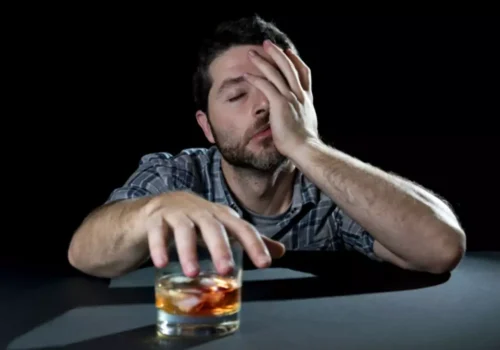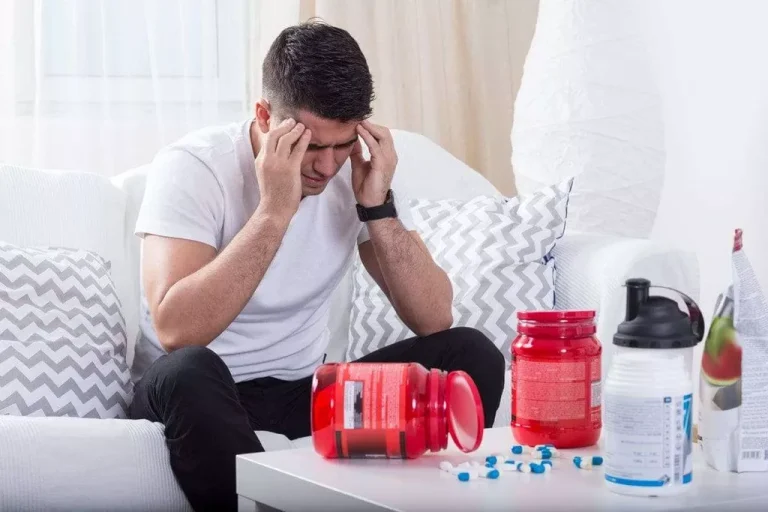
Our aim is to Provide a continuous broadcast community radio and online. Give hosts the freedom, and opportunity to express their diverse voices through radio. All new hosts are encouraged to produce their own material and play however they want. This will create a relaxed, creative environment that brings hosts together and lead to a shared effort. After various drug charges and run-ins with the law, the late Ol’ Dirty Bastard found himself drug addiction treatment being sentenced to one-year in a drug rehabilitation facility in November 1999. A few months later in October 200o, Ol’ Dirty Bastard fled the facility and a judge issued a no-bail warrant for his capture.
There’s a long history of rappers warning listeners about the dangers of drug and alcohol abuse.
His addiction to crack cocaine and other substances contributed to legal troubles and health issues. Despite multiple attempts at rehabilitation, DMX tragically passed away in 2021 due to a drug overdose. However, it’s important to remember that addiction is a disease and seeking help is crucial.
Encouraging Positive Change and Support Within the Rap Community

He has been a vocal supporter of the legalization of marijuana and has spoken candidly about his affinity for the drug. The following year, he began producing a show for MTV about two snake people who run a marijuana-delivery business. Rapper 50 Cent was exposed to drugs while living in the borough of Queens in New York City. Four years later, while living with his grandmother, he began selling crack.
- The influence of rap culture on drug use and the vicious cycle of substance abuse in the industry highlight the need for continued dialogue, education, and support to address these issues effectively.
- This section explores the influence of rap culture on drug use and the vicious cycle of substance abuse in the industry.
Seeking Help and Overcoming Addiction
- His battle with substance abuse nearly cost him his life, but he eventually sought help and entered rehab to overcome his addiction.
- These five rappers have taken positive steps to be a part of the rap and hip hop world without substance use.
- A study conducted by the University of Pittsburgh in 2008 analyzed Billboard magazine’s list of the 279 most popular songs of 2005.
- Others have expressed concern about drug culture, emphasizing the negative consequences, including addiction.
- By advocating for mental health awareness, we can encourage rappers to seek help, break the stigma surrounding mental health, and create an atmosphere of understanding and support.
In his song “Finish Line/Drown,” he explained how his addiction to Xanax led to memory problems and lost opportunities in his career. In an interview with GQ magazine, he spoke more extensively about his addiction to the antianxiety medication. In 2006, after the death of a friend, he began abusing Vicodin, one of the most dispensed prescription painkillers in the United States. During this time, he also began misusing Xanax and other sedative medications. This synthetic drug contains mood-altering properties that produce feelings of pleasure, warmth and energy. Also known as molly and MDMA, the drug often shows up at nightclubs and concerts.
Factors Contributing to Drug Addiction

As he explained, in 2014, when he began experiencing success in his career, Chance moved to North Hollywood and was high on Xanax every day. His addiction resulted in broken relationships and a lack of productivity. Six months later, he moved back to Chicago, his hometown, and stopped using drugs.
Isaiah Rashad’s alcoholism continued after The Sun’s Tirade, resulting in an even longer gap between albums before eventually quitting drinking and smoking in 2019. After spending time in rehab, his third album, 2021’s The House is Burning, was recorded completely sober. Despite being one of the most successful rappers of the 1990s, DMX’s unfortunate legacy might be his troubles with drug use and the law. DMX’s struggles with addiction have lead him to go in and out of drug rehab facilities over the years.

- Kendrick has spoken about how he faced challenges when he first tried to get sober, but his hard work and dedication eventually paid off.
- Many rappers who grew up around drugs have positively portrayed substance use in their music.
- Around this time, rap songs praising marijuana use began to experience commercial success.
- Here is a list of 7 hip-hop artists that have admitted going to rehab over the years.
He battled with substance abuse, particularly addiction to prescription medications. Eminem’s journey to recovery was marked by numerous challenges, but he was able to regain control of his life and achieve sobriety. His story serves as an inspiration to many others who are grappling with addiction. The music industry has seen its fair share of struggles with drug addiction, and rappers are no exception.
- Mainstream rappers have spoken candidly about topics such as anxiety and depression to raise awareness and eliminate stigma.
- Eminem’s addiction reached a critical point, leading to a near-fatal overdose.
- In 2007, the rapper almost died due to an accidental methadone overdose.
- Additionally, he elaborated that his father was addicted to drugs and did not want to follow the same path.
- Their stories emphasize the importance of promoting mental health and providing support within the music industry.
Additionally, it can damage relationships with record labels and fans. Drug dependency can have a significant impact on the careers of rappers. Substance abuse can lead to rappers after drugs a decline in creativity, reliability, and overall performance.
